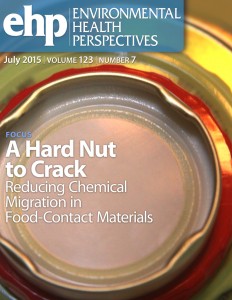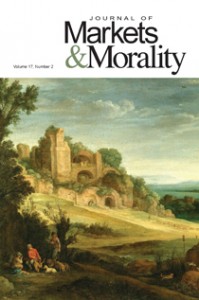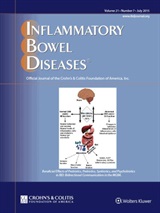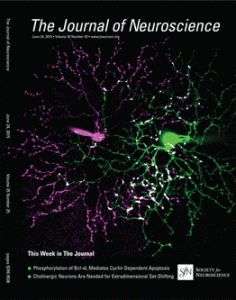 Inaccessible data and an author’s illness are to blame for the retraction of a paper on sex ratios of baby finches, according to the authors.
Inaccessible data and an author’s illness are to blame for the retraction of a paper on sex ratios of baby finches, according to the authors.
The paper, “Experimental evidence that maternal corticosterone controls adaptive offspring sex ratios,” published in Functional Ecology, outlined how a hormone in mother finches can “skew” the number of males vs females that hatch from the eggs in her nest.
But after questions about the data were raised, the authors were unable to address the “mismatch” between the experimental data and those that were published. Compounding the situation is the fact that, while working on the paper, first author Sarah Pryke at the Australian National University “was suffering from a medical condition that likely impaired her cognitive abilities,” according to a statement from Pryke’s co-authors.
An email to Pryke was met with an out-of-office reply:
Continue reading Data “mismatch” and author’s illness pluck bird sex-ratio study from literature




 A widely reported finding that the risk of divorce increases when wives fall ill — but not when men do — is invalid, thanks to a short string of mistaken coding that negates
A widely reported finding that the risk of divorce increases when wives fall ill — but not when men do — is invalid, thanks to a short string of mistaken coding that negates 


